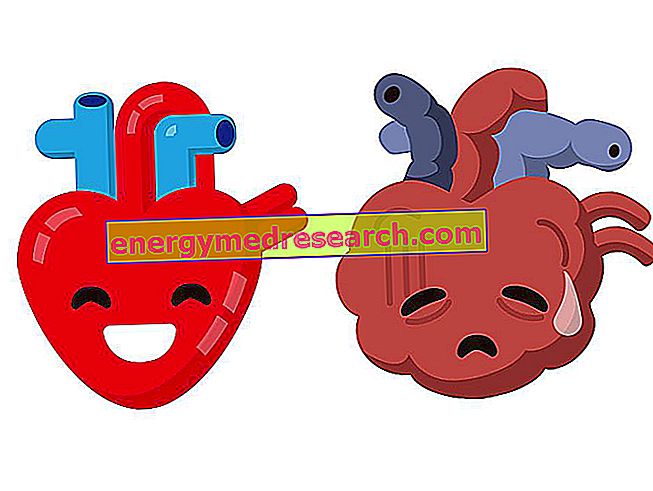
Around the early 1990s, Japanese researchers demonstrated for the first time that suffering from severe emotional or physical stress can cause heart disease, called broken heart syndrome or takotsubo cardiomyopathy .
For the symptoms caused - ie dyspnea, chest pain, transient cardiac rhythm changes, cardiogenic shock hypotension and fainting - takotsubo cardiomyopathy looks a lot like a heart attack .
However, unlike the latter, it does not arise due to internal coronary obstruction, it does not cause any necrosis of the myocardium (the heart muscle) and can be completely reversible.
As can be guessed, its reversibility depends on the readiness and effectiveness of the treatments reserved for the suffering patient. In fact, in the absence of adequate or timely therapy, the broken heart syndrome can cause even in some unfortunate cases:
- Severe heart failure . There is talk of heart failure when the heart is unable to adequately meet the body's blood demands
- Persistent arrhythmias . They are the variations of the normal rhythm with which the heart beats: the heartbeat can become faster, slower or irregular.
- Changes in heart valves . The heart valves are four and serve to keep the blood flow inside the heart unidirectional.
IS THEREFORE A TEMPORARY OR LETHAL DISORDER?
If properly treated, takotsubo cardiomyopathy is a temporary disease and can be completely cured.



